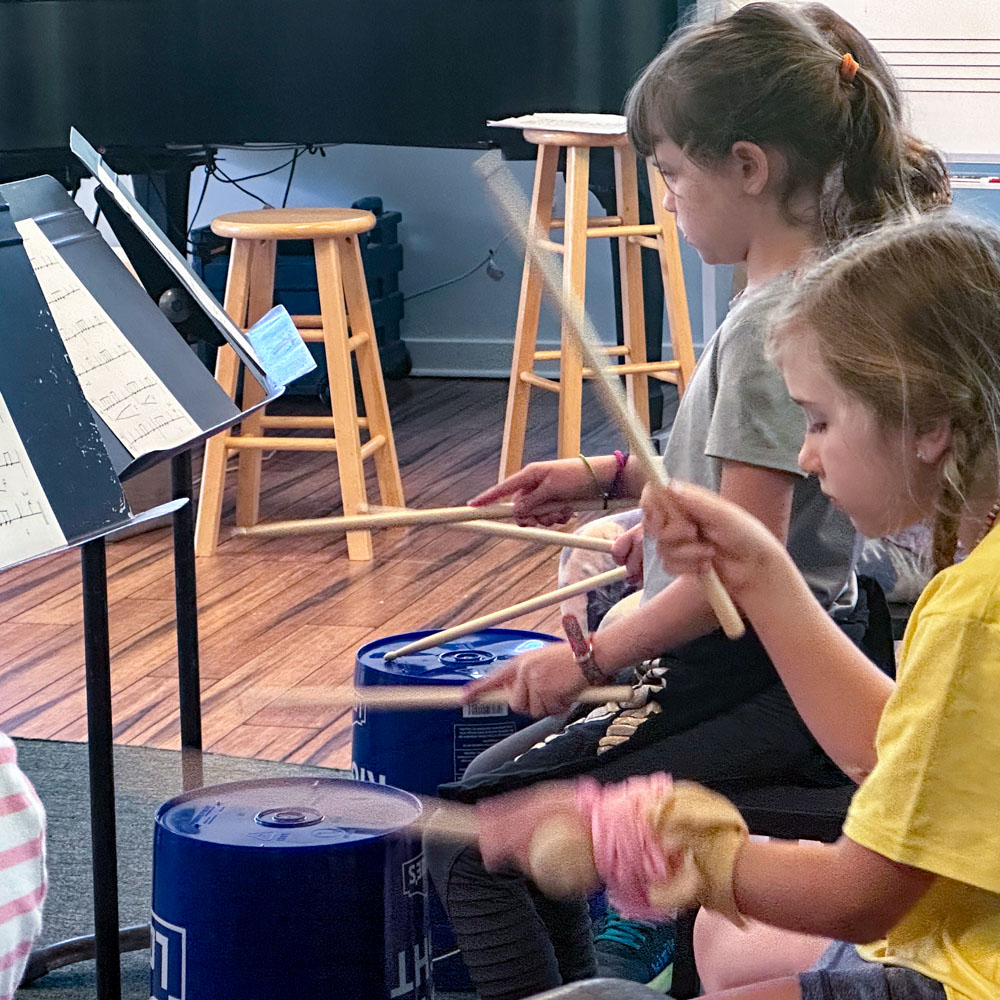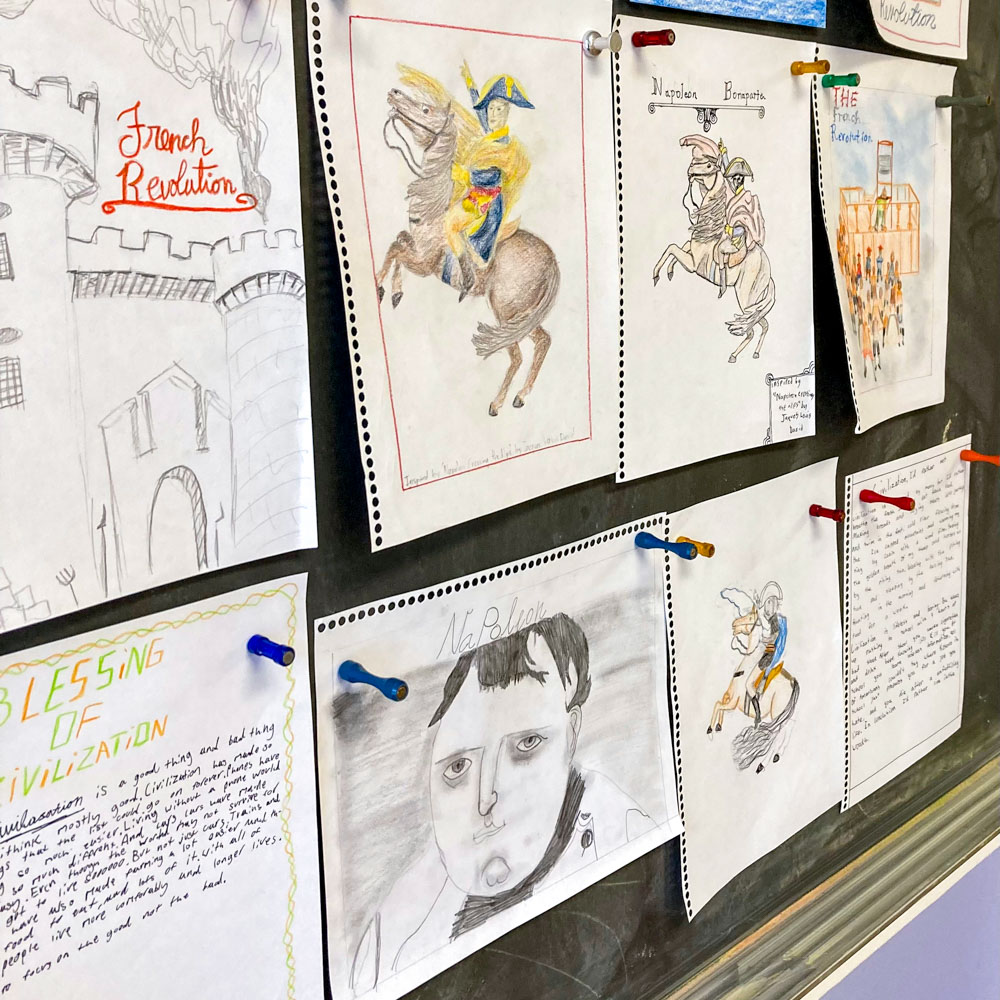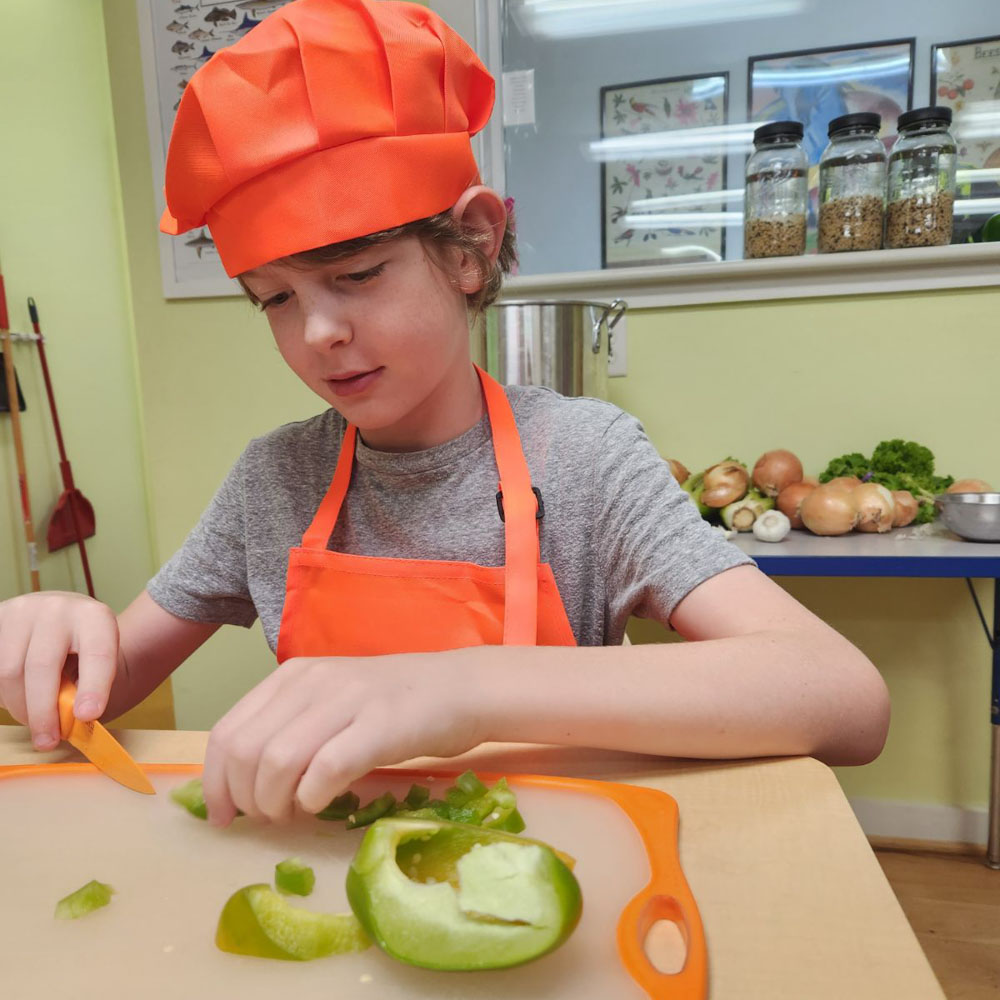The Charlottesville Waldorf School builds
a foundation that allows children to meet the future
with courage, integrity, and a sense of service.
February, 2020



Statement of Philosophy, Purpose, and Objectives
The Charlottesville Waldorf School exists to offer education based on an anthroposophical understanding of the human being as developed by Rudolf Steiner and as nurtured through the active self-development and child observation of our faculty.
We seek to provide the child with the physical environment and stimulation of the imagination needed at each stage of their growth in order to awaken the new capacities required to reach their full adult potential.
Our programs thus provide a developmentally appropriate curriculum presented in age-appropriate ways in each classroom, beginning with our youngest nursery children and continuing through eighth grade. The early childhood program is play-based and engages the young children in the activities they need to develop physical, social, and imaginative capacities in a warm, home-like environment. Great attention is given to the rhythms of the day and the cycles of the year in the teachers’ work on the décor and on artistic and practical activities. Teachers also work closely with the parents of their students in discussions of developmental stages and how to work with them at home.
The grade school program engages students in intensive three-to-four-week studies of themes accompanied by high academic, artistic, and behavior standards that are designed to prepare the child for later demands on his or independent judgment. These main lesson blocks provide students in grades one through eight with academic skills through the study of human culture that follows the awakening of human consciousness through history. The grade school class teacher stays with the class for several grades and serves as a loving authority who comes to know the students very well, thus being in a position to meet readily the needs of the individual student.
Both programs hold the clear goals of cultivating a reverential attitude toward the world and the capacity to engage the imagination in the world; developing faculties of perception; and strengthening the will to carry out one’s own initiatives, whether through speech, athletics, mathematics, music, scientific discovery, or artistic expression. We see all of this as vital to the healthy development of the child toward adulthood.
